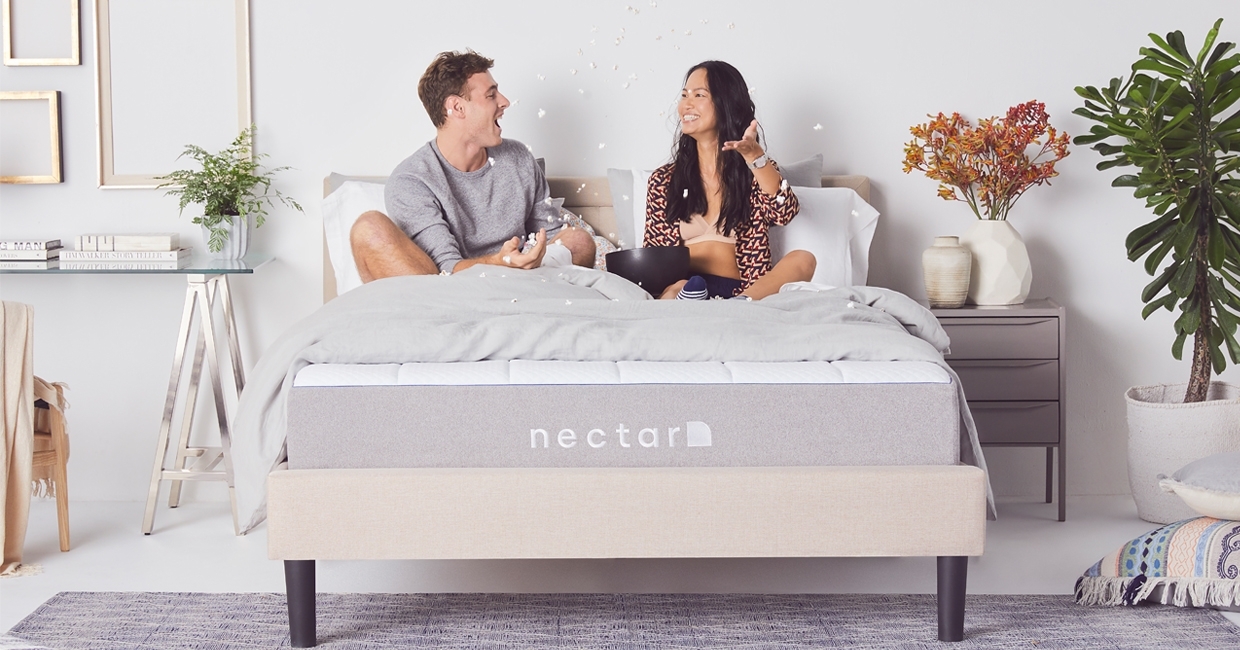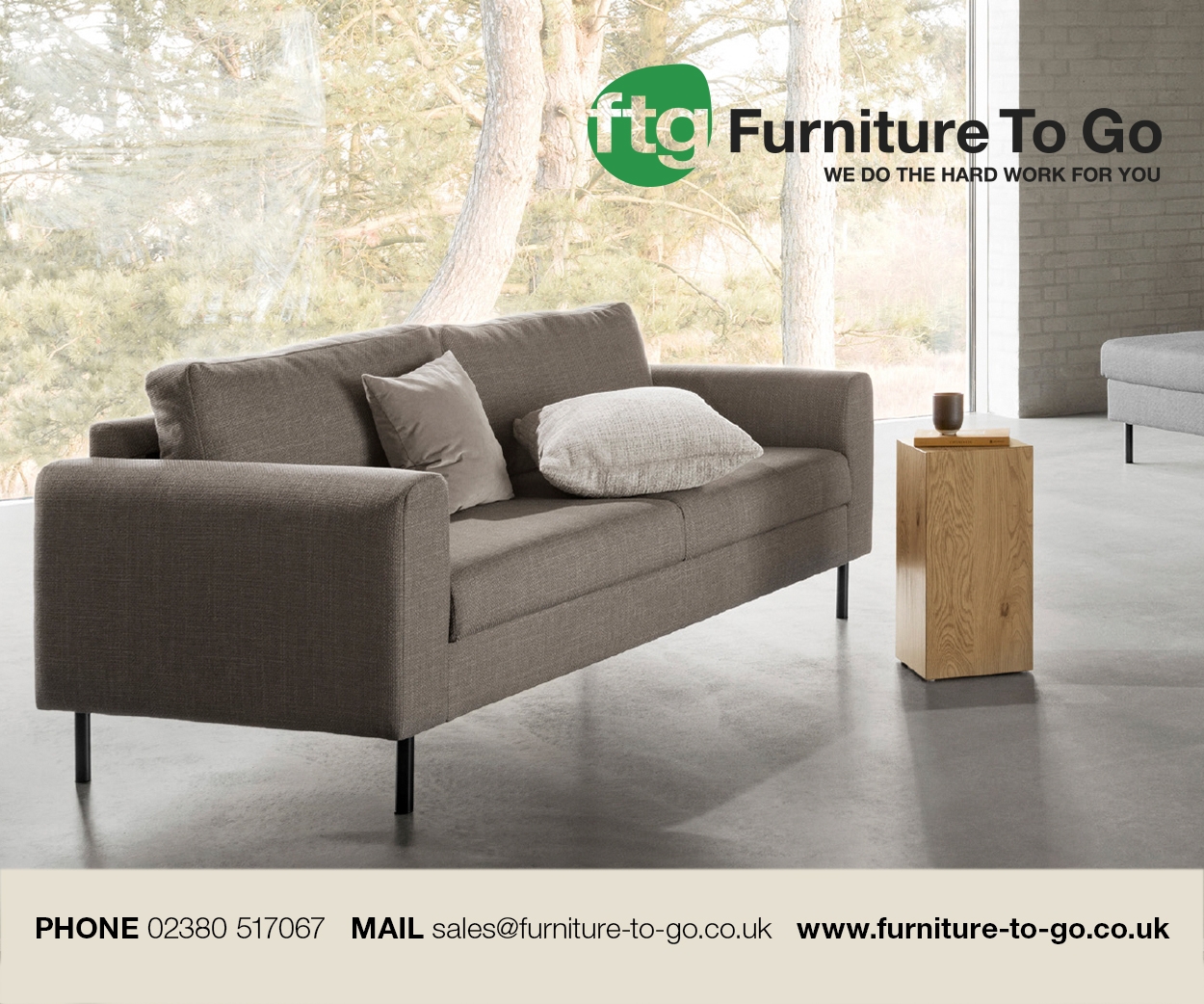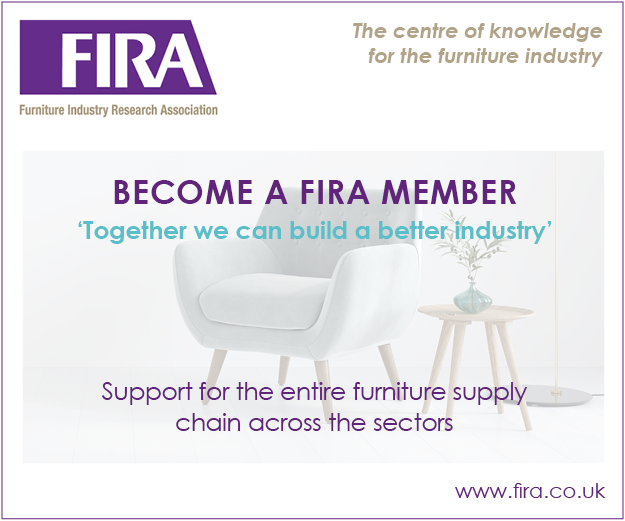California-based Resident has gone from strength to strength since it entered the UK marketplace in 2018 with D2C bed brand, Nectar – yet sustained growth can only come through sustainable practices, believes Resident UK’s MD, Angela Crouch …
What is Resident, and what’s the scope of its UK activities? What advances has the business made since its UK launch?
Since its UK launch in 2018, Resident has developed three D2C brands with sustainability at their core: Flagship mattress brand Nectar; luxury mattress brand DreamCloud; and the soon-to-launch homeware brand Cloverlane.
At the start of 2021, Resident raised £97.5m in a Series B funding round led by Ion Crossover Partners and Nexus Capital Management, with participation from Baron Capital Group. The funds have been used to execute Resident’s growth plan, and in the UK in 2021 we’ve seen growth of +30% YoY.
And though the pandemic presented us with significant challenges, it saw demand soar as people took haven in their own homes. In fact, this year we’re currently selling one mattress every two minutes, and estimate that one in every 20 households owns a Nectar or DreamCloud product.
How did you come to be appointed Resident’s UK MD? What did you bring to the role?
I have quite a diverse international background in business development, marketing, ecommerce and operations from my time working for Ancestry, Photobox and Zoopla. I think my experience of managing two start-ups at Photobox really helped me shape my understanding of data-driven decisionmaking, pivoting and listening to the customer.
At the mature public companies Ancestry and Zoopla, I helped drive new revenue opportunities and efficiencies across complex matrix organisations. A combination of being able to zoom into areas of the business at all levels of growth and ensuring the high-performing teams I build are with me every step of the way are key to my role as MD.
Where does your DreamCloud offering sit in relation to its competitors – both D2C and more traditional?
We launched our DreamCloud offering in 2019 – hot on the heels of Nectar’s success – with an aim to disrupt the high-end marketplace.
It was a trailblazer in the space, being the first and only premium bed-in-a-box mattress brand, featuring our industry-first 365-night trial, and completely climate neutral. And we’ve seen consumer demand for luxury products rocket during the pandemic – DreamCloud UK has seen YoY growth at +257%.
How important is sustainability to Resident UK, and why?
Sustainability is at the core of everything we do at Resident, and a cause I feel really passionate about, having a background in life sciences.
And we’ve made significant steps since our launch in 2017. Working with Climate Partner, we’ve reduced manufacturing waste and offset CO2 equivalent to 17,941,312kg (Nectar Sleep) and 1,836,556kg (Dreamcloud), and reduced Nectar’s carbon footprint by -8%. In response to our efforts, both of our D2C mattresses have been awarded the coveted Good Housekeeping Institute Getting Greener Award – which is something we’re really proud of.
How much are greener practices being driven by the consumer, as opposed to suppliers?
Our business model responds to customer need, and sustainability has become an increasingly important factor driving their purchase choice. In fact, 20% of our customers who complete our post-purchase survey list ‘being climate neutral’ as one of their reasons for choosing a Nectar or DreamCloud mattress.
Can you offer some examples of how you’re helping to drive change in our industry?
In my 20s and 30s, I was the only female in the room, and since then I’ve been driven to push for better representation for women at work – particularly in a ‘male-dominated’ business space. One thing that really helped me was having a sponsor and mentor during my time at Ancestry, and this is a scheme I’ve brought forward to my role at Resident, to guide women in business.
I also think we lead by example when it comes to recycling our mattresses. Through our partnership with British Heart Foundation, all returned mattresses are given a new lease of life via donation. As such, the mattresses get a second home, avoid needless disposal, and help raise funds to fight against heart disease. I think this showcases the importance of authenticity when it comes to brand partnerships in the industry.
Does your involvement extend to ethical manufacture and community support?
We are always striving to improve our manufacturing process, and our homeware arm Cloverlane pays testament to this. All of our products are GOTS and OEKO-TEX certified, which represents that the products are made to the highest standard when it comes to ecological and socially responsible practices.
Can you point to any other businesses in our sector whose eco-conscious approaches you admire?
There are a lot of great challengers and disruptors coming into the space, which is pretty exciting – Made.com, Parachute and Coyuchi come to mind. I partocularly admire Coyuchi’s 2nd Home and circular initiatives.
As a consumer it really speaks to me, but from a business point of view the economics of these programmes can be very challenging – it’s not easy to do.
What’s the biggest challenge you face when striving to stay ‘green’ yet achieve growth?
There is definitely a higher tangible cost associated with staying ‘green’, from paying more to source FSC-certified materials to best practice when it comes to recycling. From a commercial sense, I think it’s balancing short- and long-term goals – keeping true to the long-term vision by doing what you can commercially to get closer to that goal, whilst in the short-term staying true to your sustainability targets.
This interview was published in the December 2021 issue of Furniture News magazine.












